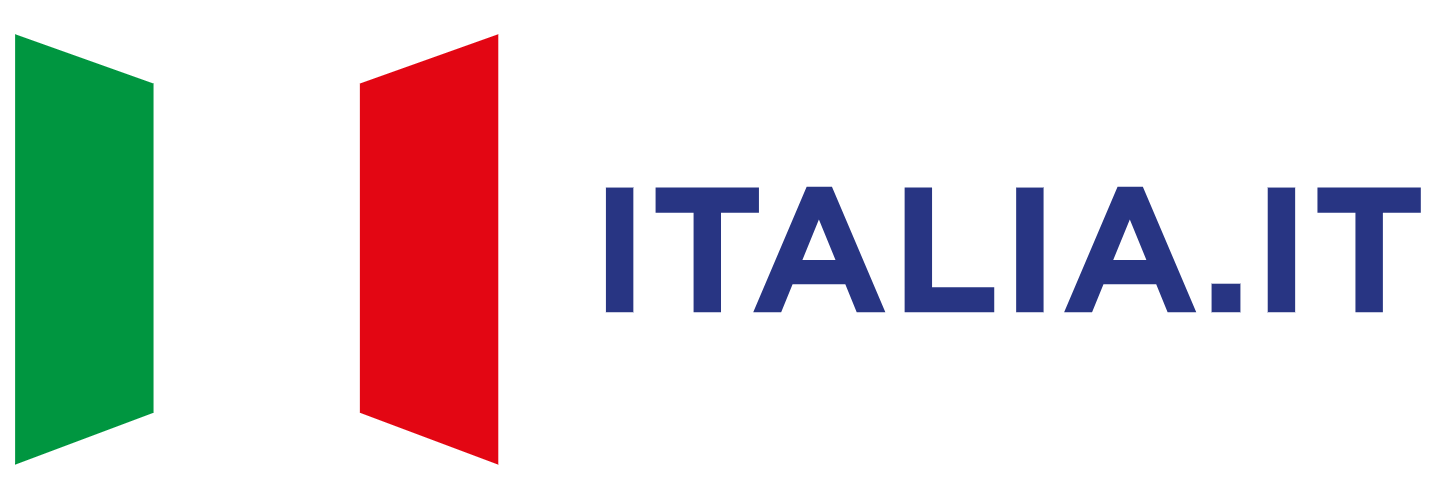News from Italy
Working surrounded by nature for sustainable development in Italian mountain areas
Remote working in mountain shelters is revolutionising work in Italy, combining productivity and nature. This practice promotes a slow, sustainable type of tourism, fostering the development of mountain areas thanks to facilities equipped for remote work, such as stable Wi-Fi and dedicated spaces.
2026 policy for customised experiences in Cervia
The Fondazione Cervia organisation has outlined a plan to increase the average stay of tourists by focusing on authentic, sustainable experiences. The initiative includes investment in school and spa tourism, capitalising on local resources such as the salt pans, and on food and wine culture, to meet the growing demand for unique experiences.
Tecnè-Federalberghi survey on summer 2025 in Italy
The Tecnè survey for hoteliers’ association Federalberghi reveals that holidays in Italy are now covering a wider time span, from June to September, with a move away from the once-traditional focus on an August holiday. This favours greater sustainability and accessibility for tourism, with an increasing focus on nature and less crowded places.
A revival for tourism and culture in Punta del Serrone, Brindisi
The Punta del Serrone coastal park in Brindisi is being transformed into a multifunctional hub for athletes, pilgrims and workers from the south, with activities ranging from sport to cultural and environmental enhancement. The initiative, coordinated by Confesercenti association of businesses, includes environmental education workshops, citizen science, and workshops on sustainable fishing, promoting responsible, sustainable tourism.
Village redevelopment project for sustainable tourism in Staffolo
Thanks to regional and private funding, the Municipality of Staffolo is transforming its Kiosco Europa into a multifunctional centre for tourists. The project aims to encourage integrated, sustainable tourism, making the most of local resources and creating a widespread accommodation system.
News from around the world
Asia
Japan
Educational campaign and environmental protection for Mount Fuji
Japan is tackling overtourism at Mount Fuji through responsible tourism measures, such as higher entrance fees and educational campaigns on waste management. The aim is to preserve the environment and redistribute tourist flows to less popular areas.
Vietnam
Suoi Tien Park celebrates Vietnamese culture through innovation and tradition
Suoi Tien, a cultural theme park in Vietnam, is an example of sustainable tourism that makes the most of national culture, combining it with technological innovation. With over 150 attractions inspired by Vietnamese history and legends, the park promotes national pride and community participation through traditional and modern events.
India
Sustainable rail link to Aizawl
Mizoram’s capital, Aizawl, will be connected to the Indian railway network for the first time, encouraging sustainable and low-cost tourism. The agreement between IRCTC [Indian Railway Catering and Tourism Corporation] and the Mizoram government aims to develop tailor-made tourism packages, making the most of the natural landscapes and local culture.
Jungle Bells' ecotourism project in the Eastern Ghats
The 'Jungle Bells' project in the Araku Valley has replaced the old wooden cottages with modern German tents, enhancing the ecotourism experience. These tents offer comfort and durability, while promoting sustainable tourism in the region.
Europe
Discover European destinations for slow, regenerating tourism
The article explores several European destinations that are ideal for slow tourism, such as Cornwall, the Algarve, Provence, Lanzarote, and Oslo. These destinations offer authentic, regenerating experiences, boosting sustainable tourism through activities such as hiking, tasting local products, and staying in eco-friendly accommodation.
WTTC proposes tourism management based on real-time data
The World Travel & Tourism Council has warned that restricting tourism in European cities could lead to huge financial and job losses. Instead, it proposes a more balanced management using real-time data and collaboration between governments, businesses and residents to protect local quality of life and foster sustainable growth.
Germany
Environmental renaissance and sustainable innovation in Lenzen, Germany
Lenzen, once part of Germany’s 'Death Strip', is now an example of sustainable tourism with renaturation projects and vegan facilities. The closure of polluting factories has improved water quality, while the relocation of dams has provided a boost to biodiversity. The watchtowers have been transformed into unique accommodation, integrating history and sustainability.
Spain
La Coruña and Santiago de Compostela introduce a tourist tax to foster sustainable tourism
The municipalities of La Coruña and Santiago de Compostela have approved a tourist tax to fund public services and sustainable tourism initiatives. The tax, varying from 1 to 2.50 euro per night, will be in force from 1 September and 1 October respectively. A Sustainable Tourism Forum committee is being set up in Santiago to manage 80% of the revenues allocated to sustainable projects.
Partnership between CaixaBank and Green & Human for more sustainable tourism in Spain
CaixaBank has joined with Green & Human to promote sustainable tourism in Spain, contributing to projects that reduce CO₂ emissions and support responsible investments. This collaboration is part of CaixaBank's Sustainability Plan 2025-2027, which aims to mobilise EUR 100 billion in sustainable finance.
France
The Destination France Plan against overtourism
Despite being the world’s most visited country, France has adopted a sustainable approach to tourism, avoiding the negative reactions that are common in other countries. With the Destination France Plan, the government has invested EUR 1.9 billion to promote green travel, develop alternative destinations, and encourage longer stays. Railway accessibility and regulations such as the 'Loi le Meur' law are key tools for managing mass tourism.
Albania
Urban and Tourism Development Project in southern Albania
The Integrated Urban and Tourism Development Project, supported by the World Bank and the Albanian government, has transformed southern Albania into a centre of sustainable development. The restoration of historical sites and infrastructure upgrades have improved tourism and employment, with a positive impact on women, young people and people with disabilities.
Eco-Scenarios
A new approach to travel: land snorkelling and slow travel
Land snorkelling invites people to explore cities and neighbourhoods slowly, fostering connection with communities and reducing environmental impact. This approach, similar to the principles of slow travel, allows people to discover hidden treasures and to appreciate often overlooked details.
Sustainable accessible exploration using virtual reality
Using virtual reality, virtual tourism can be a sustainable way to explore destinations without physically travelling, reducing environmental impact, and democratising access to remote locations. Although it does not completely replace the first-hand experience, it can help to ease overcrowding and also serve as an eco-friendly alternative.
Find out how tripchaining is revolutionising eco-conscious tourism
Tripchaining is part of sustainable tourism. Several destinations are linked in one trip, reducing environmental impact and supporting local economies. This trend, which optimises cost and time, is increasingly popular among carbon-conscious travellers.
The content linked in this press review is the property of the respective authors and/or publishers. The links are shared for informational purposes only.
Processed by Extreme Srl for Enit SpA

